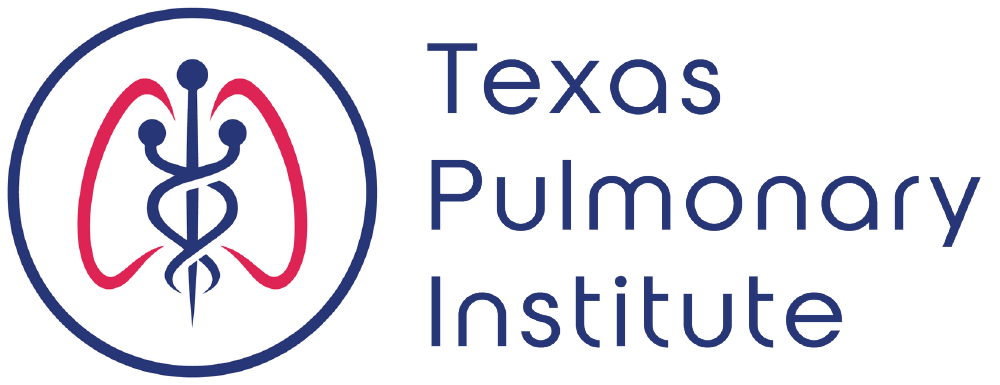Sleep Apnea
Texas Pulmonary Institute, with locations in Port Arthur and Beaumont, Texas, specializes in the diagnosis of Sleep Apnea. Obstructive sleep apnea (OSA) is a condition in which you stop breathing during sleep because of a narrowed or closed breathing passage (airway). The block in airflow (obstruction) is usually caused by the collapse of the soft tissues in the back of the throat (upper airway) and tongue during sleep. For people who have OSA and heart disease, heart problems can get worse if OSA is not recognized and treated. Untreated OSA can also put a dangerous strain on your heart and blood vessels (cardiovascular system). Our state of the art testing center is the most accurate in our area at diagnosing your condition accurately so the right treatment can heal you rather than treat symptoms for a misdiagnosis. Make an appointment today at Texas Pulmonary Institute by calling 409-401-5864
Common Symptoms of Obstructive Sleep Apnea
- Snoring
- Stopping breathing during sleep
- Frequent awakenings during the night
- Difficulty staying asleep throughout the night
- Irritability
- Night Terrors
People at Higher Risk for Sleep Apnea
- Enlarged tonsils and/or adenoids
- A family history of OSA
- Excessive weight—obesity
- Jaw problems such as micrognathia (small jaw) or retrognathia (a pulled back jaw)
Possible Treatment for Sleep Apnea
- Continuous Positive Airway Pressure (CPAP) is a device commonly ordered to treat OSA. CPAP is a machine that works like a compressor to blow air into a mask that is worn snugly over the nose and/or mouth or in the nostrils (nasal pillows) during sleep.
- A surgery can be done to treat OSA.
- Some oral appliances or devices that are worn in the mouth during sleep may keep your airway open.

